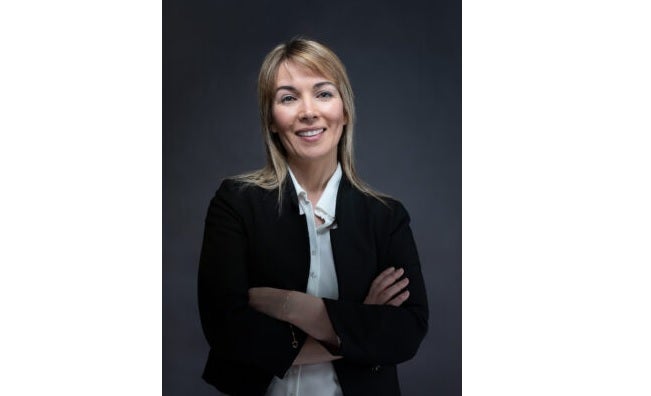“The race to net zero is a race to tech innovations” says Fatima Hadj, chairwoman of the structured finance advisory board at Principles for Responsible Investment (PRI) and goalkeeper at Bill & Melinda Gates Foundation.
Hadj explains that tech is now more than a trend, it is a catalyst of change that is going to underpin environmental, social and governance (ESG) integration across all asset classes. She adds that this transformation is going also to have an impact on the entire value chain, with a focus on mass customization.
Putting methodology at the centre of ESG strategy
But for investors to race to net zero and to face future challenges, adopting a methodology to tackle climate change should be the cornerstone of their ESG strategy.
By methodology, Hadj means a structure way to tackle uncertainty. “We live in a world characterised by a high degree of uncertainty at all levels, even at geopolitical level. In a bid to set up a strategy, you need first a methodology, which is a structured way of capturing uncertainty”.
The outbreak of the pandemic is only one of the indicators increasing uncertainty. Moreover, with the EU accelerating policy response between 2022 and 2025, it is still not clear how the market would be impacted. On top of that, new technologies are set to emerge, and investors’ needs and expectations are likely to change as well.
“To capture future changes and upcoming regulations, having a methodology is significant. We often talk about vision, strategy and plan, but as we are looking to build back better, investors need to come up with a methodology that will help them adapt to the new normal and tackle climate change”.

US Tariffs are shifting - will you react or anticipate?
Don’t let policy changes catch you off guard. Stay proactive with real-time data and expert analysis.
By GlobalDataFor Hadj, the right methodology should be a combination of a short term and a long term approach. Engagement is also essential. “Investors should engage with their investees and asset owners to help them to transition their business model and adapt to the new climate change regulation. Engaging is not anymore a concern only for equity holders, all investors are now concerned about it. Even debt holders will have to engage with their counterparts/borrowers.”
Hadj adds that another thing that investors should take into account is that it is risky to build a portfolio by only focusing on sectors that you currently invest in, especially in today’s interconnected world.
Accountability and transparency rise on the agenda
“Accountability and transparency are the two key trends that are going to shape the post pandemic world. The current ESG world is not very well regulated, and this is going to change,” says Hadj.
She says that credit agencies were in a similar situation prior to the global financial markets in 2008, as there were fewer regulations. However, this changed in the aftermath of the crisis.
“By making credit agencies more liable for faulty ratings, their accountability increased. This happened by increasing oversight of internal controls and transparency in regard to their rating methodologies and performance. The ESG space is not well regulated at the moment, but looking forward, there will likely be more regulations that will contribute to increasing accountability and transparency.”
Hadj also adds that in finance, there is need to make clear that there the lack of accountability and transparency, leads to lack of credibility.
Eyes on the joint committee
Hadj is set to co-lead a newly launched committee between the PRI and the United Nations Environment Programme Finance Initiative (UNEP FI), which focuses on creating synergies to promote sustainable finance in corporate lending that is a key source of global capital.
The committee, which was launched on September 8, is looking to develop ESG criteria consistent for all players in the loan business. This is significant as it will lead to quicker and easier implementation of ESG criteria by the investors and banks, amid reducing the risk for green washing or sustainability washing.
The decision to launch a joint committee is also important for reducing the risk that banks end up adopting different standards from investors for classifying loans as environmentally sustainable.
The launch of the joint committee is also essential for promoting collaboration and partnerships within the financial services industry. By joining forces, PRI and UNEP FI show the path to signatories on how to engage and create value by collaborating, but also on how to promote the UN’s sustainable development goals (SDGs), and more specifically the SDG17. The SDG17 is about strengthening the means of implementation and revitalizing the global partnership for sustainable development.





